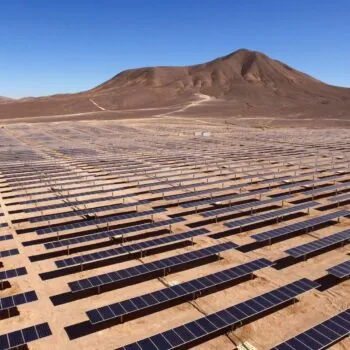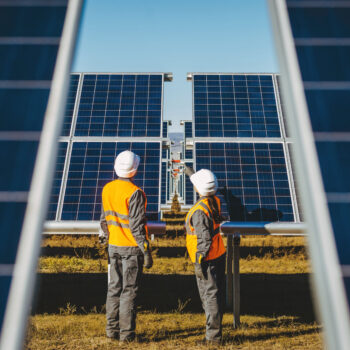Central and Eastern European countries are the first ones to lose out from a low ambition energy efficiency proposal
At this stage all we have are rumours. But if it is true and the European Commission is settling for a 27% energy efficiency target for 2030 this is not only proof of a lame duck Commission – it is a scandal. If this target was implemented the EU’s energy efficiency performance would not increase. On the contrary, it would go below a business as usual scenario.
At a time when Central and Eastern European (CEE) member states are deeply concerned about their energy security, the Commission is doing its best to further undermine it. Unless we radically reduce our import dependency Europe’s energy supplies will remain insecure and our economies will remain vulnerable to fossil fuel price shocks.
Europe has massive energy efficiency potential. With the right policies in place, Europe could achieve 41% savings in final energy demand by 2030 – equivalent to the EU’s total current gas imports from Russia. Under the Commission’s proposal European gas imports would only be reduced by 16% in comparison to 2010.
What’s the point of diversifying our energy supplies to countries in the Middle East and Caucasus if fossil fuels still get wasted in inefficient factories and household appliances and poorly insulated houses? It would make way more sense to reduce our energy consumption before we spend even more on imported fossil fuels. Currently, the EU’s annual import bill is roughly €500 billion every year – and increasing. Investing in the EU’s full energy efficiency potential to 2020 would save the EU over €200 billion every year until 2030 and substantially cut European energy imports.
The Commission’s proposal is therefore a slap in the face of the people in CEE. This week, Greenpeace International commissioned a poll in Poland, Hungary, the Czech Republic and Slovakia. It revealed that 85% of those interviewed want the EU to introduce a binding target to reduce energy wastage by 2030. 86% also supported a binding renewable energy goal – another way of weaning ourselves off Russian energy imports. The same percentage saw Russian energy import dependency as a problem. The people understand what’s at stake – but their leaders are out of sync with reality.
Scenarios developed by the German Aerospace Centre for Greenpeace and by Ecofys for WWF found that energy from renewable technologies could meet almost half of Europe’s energy demand in 2030. The biggest potential for the development of renewable energy is in CEE. Poland, which is heavily reliant on energy imports, could source over a quarter of its energy from renewables in 2030. Conversely, according to the International Energy Agency, shale gas would only contribute 2-3% of gas demand by 2030.
Investing in renewables will take time and cost money, of course, and will only pay off in the medium and long term. Energy efficiency has a distinct advantage: it is the technology that can be deployed the quickest, at low cost and can provide the scale needed to reduce gas imports.
The only way to bring about the necessary changes in the European energy economy is to send clear regulatory signals to investors in energy efficiency and renewables. Voluntary measures on energy efficiency have not done the trick because markets failures are multiple and systemic. An energy efficiency target is needed, backed up with a financial package that makes EU funding quicker and easier to access.
The European Commission must not get away with its appalling proposal. We now need strong political leadership from European governments so Europe delivers a sustainable energy policy for its people. As a first step, energy efficiency must become part and parcel of the EU’s Energy Strategy and 2030 climate and energy framework.


